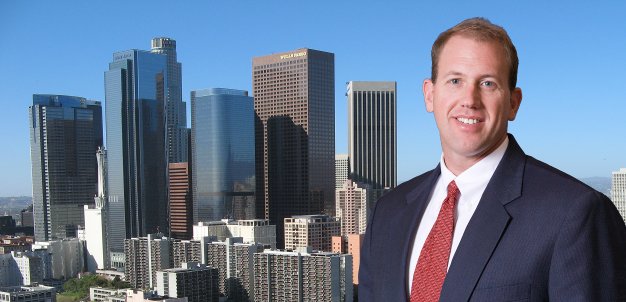PRACTICE AREAS OVERVIEW
- Assault
- Assault With A Deadly Weapon
- Assault With A Firearm
- Attempted Murder
- Bail Bonds
- Blogs
- Burglary
- Carjacking
- Child Abduction
- Child Abuse
- Child Molestation
- Criminal Threats
- Domestic Violence
- DUI
- False Imprisonment
- Gross Vehicular Manslaughter
- Indecent Exposure
- Involuntary Manslaughter
- Kidnapping
- Law In The News
- Mayhem
- Murder
- Negligent Discharge Of A Firearm
- Petty Theft
- Possession of Child Pornography
- Prostitution
- Rape
- Resisting Arrest
- Robbery
- Sexual Battery
- Sodomy
- Spousal Battery
- Statutory Rape
- Vehicular Manslaughter
- Voluntary Manslaughter
SPECIALIZED CITIES
- Beverly Hills Criminal Defense Lawyer
- Burbank Criminal Defense Lawyer
- Culver City Criminal Defense Lawyer
- Encino Criminal Defense Lawyer
- Marina Del Rey Criminal Defense Lawyer
- North Hollywood Criminal Defense Lawyer
- Pasadena Criminal Defense Lawyer
- Santa Monica Criminal Defense Lawyer
- Sherman Oaks Criminal Defense Lawyer
- Studio City Criminal Defense Lawyer
- Tarzana Criminal Defense Lawyer
- Torrance Criminal Defense Lawyer
- Valencia Criminal Defense Lawyer
- Van Nuys Criminal Defense Lawyer
- Venice Criminal Defense Lawyer
- West Covina Criminal Defense Lawyer
- Woodland Hills Criminal Defense Lawyer
Waiving Your Fifth Amendment Privilege
A witness can waive the right to invoke the Fifth by later making statements about the topic in question. For example, if a witness invokes the Fifth, but goes on to selectively answer questions about the same subject matter, a judge might decide that the later answers vitiated the initial waiver. But judges are hesitant to declare the privilege waived because of its importance. For instance, a brief and general statement about one’s innocence, following invocation of the Fifth, probably won’t constitute a waiver.
Importantly, even if a judge finds that a person waived the privilege, that waiver will extend only to the current proceeding. A witness who answers questions subsequent to invoking the Fifth, who is ordered by a judge to continue answering based on waiver, can reassert the privilege in a later, different proceeding. For example, a defendant who waives the privilege while testifying in one case can assert it when called to testify in another.
Additionally, a witness can begin testifying but invoke the privilege when answers to later questions would be incriminating. If the prosecutor commences by asking benign questions that the witness answers (“What were you wearing that night?”), but moves into questions that go to the heart of the matter (“How many times did you meet with the defendant?”), the witness may claim the privilege.
